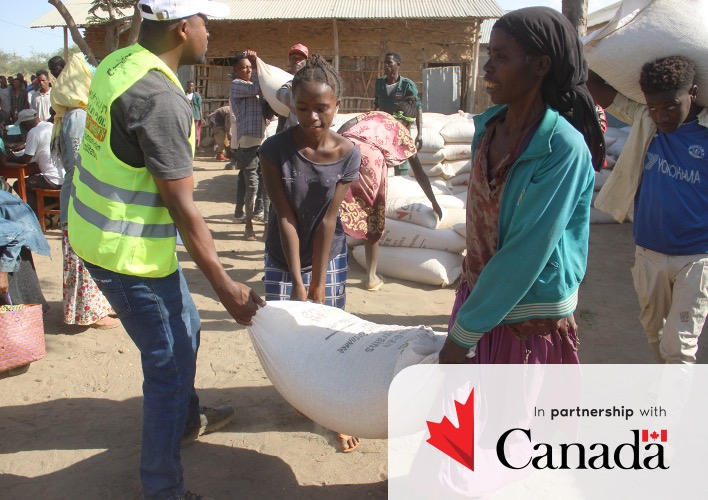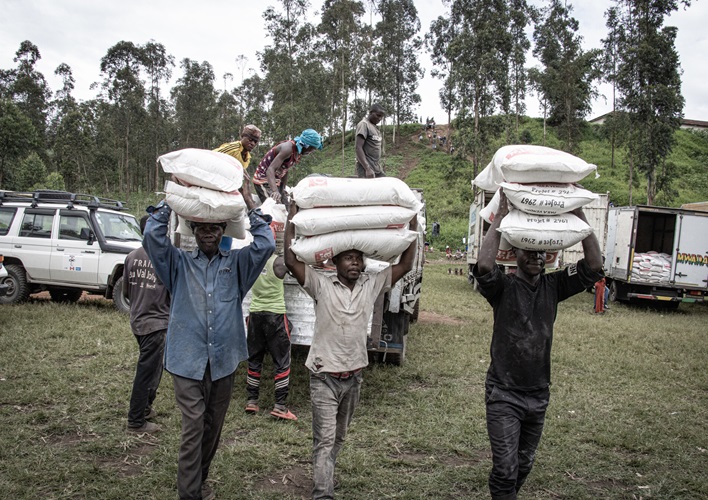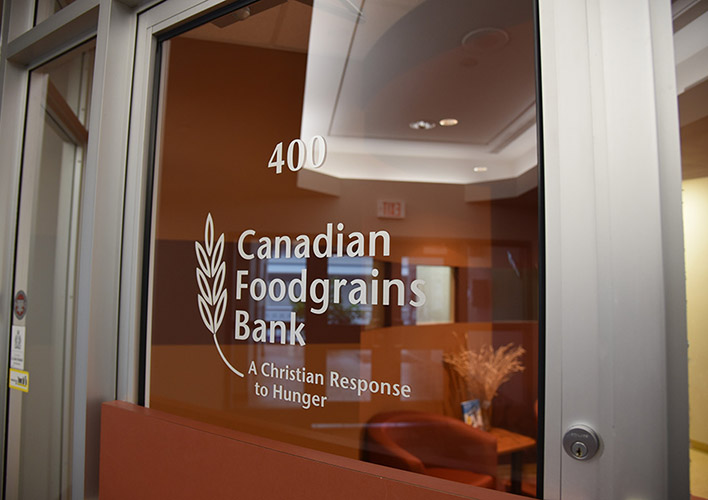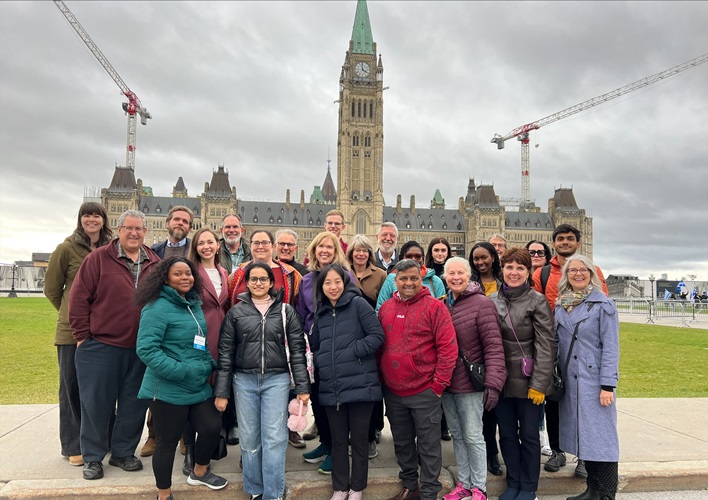Canadian Foodgrains Bank will receive $14 million from the Government of Canada to help respond to the deepening food crisis in the Horn of Africa.
“This funding will help provide access to emergency food and nutrition services for 118,890 people in Ethiopia, South Sudan, Kenya and Somalia,” says Foodgrains Bank’s executive director Andy Harrington. “We are likely weeks away from an official famine being declared in Somalia, so this additional support comes at a crucial time. The response from the global community right now should be focused on life saving interventions, so we are grateful that the Government of Canada is sensitive to this urgent need.”
In 2022, the world has seen a startling rise in global world hunger, particularly across the Horn of Africa. Communities in the region are facing the threat of starvation following four consecutive failed rainy seasons in parts of Ethiopia, Kenya and Somalia, a climatic event not seen in at least 40 years. At least 22 million people are already waking each day to high levels of acute food insecurity and this figure is increasing.
The $14 million grant will be used to implement projects through 11 organizations based in the four named countries who are partnered with five of Canadian Foodgrains Bank’s members.
In Somalia, Foodgrains Bank member Development & Peace’s local partner is Trócaire, which provides nutrition services to children under five and pregnant women in the Gedo region. Trócaire is one of the partners that will be receiving additional funds to provide support because of this grant.
Dr. Abdi Tari Ali, Trócaire’s deputy country director says the number of patients they’re treating in their stabilization centres are five times higher than normal and the situation is getting worse every day.
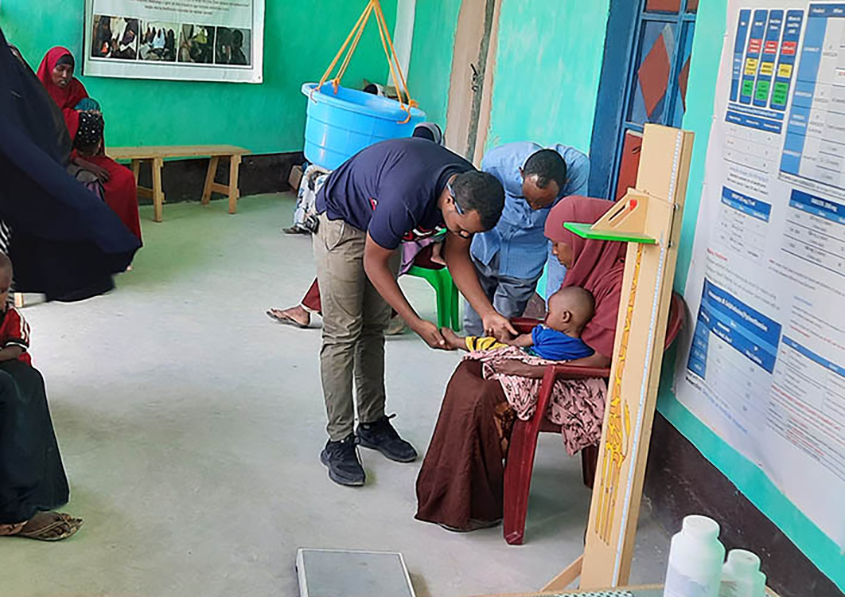
In 2011, during the last official famine in Somalia, Dr. Ali was treating patients but states that he has never seen such severe cases of malnutrition in children. “Children are literally gasping when they arrive. What you see in the clinics is heartbreaking, you struggle to even put in an IV when the children have no muscles.” he says. “Right now, we are trying to save as many lives as possible.”
According to Dr. Ali, the existing nutrition service delivery is completely over-stretched, the response and funding are not keeping up with the scale of the crisis.
“The partners in these affected communities are doing the best they can with such limited resources in the face of such a huge humanitarian crisis,” shared Harrington. “Any support we can provide is critically needed for families who are trying to survive while living with desperate levels of hunger.”
In his recent address to the United Nations General Assembly, Prime Minister Justin Trudeau made the announcement about this funding at the United Nations as part of Canada’s commitment to provide $250 million towards emergency food and nutrition assistance.
